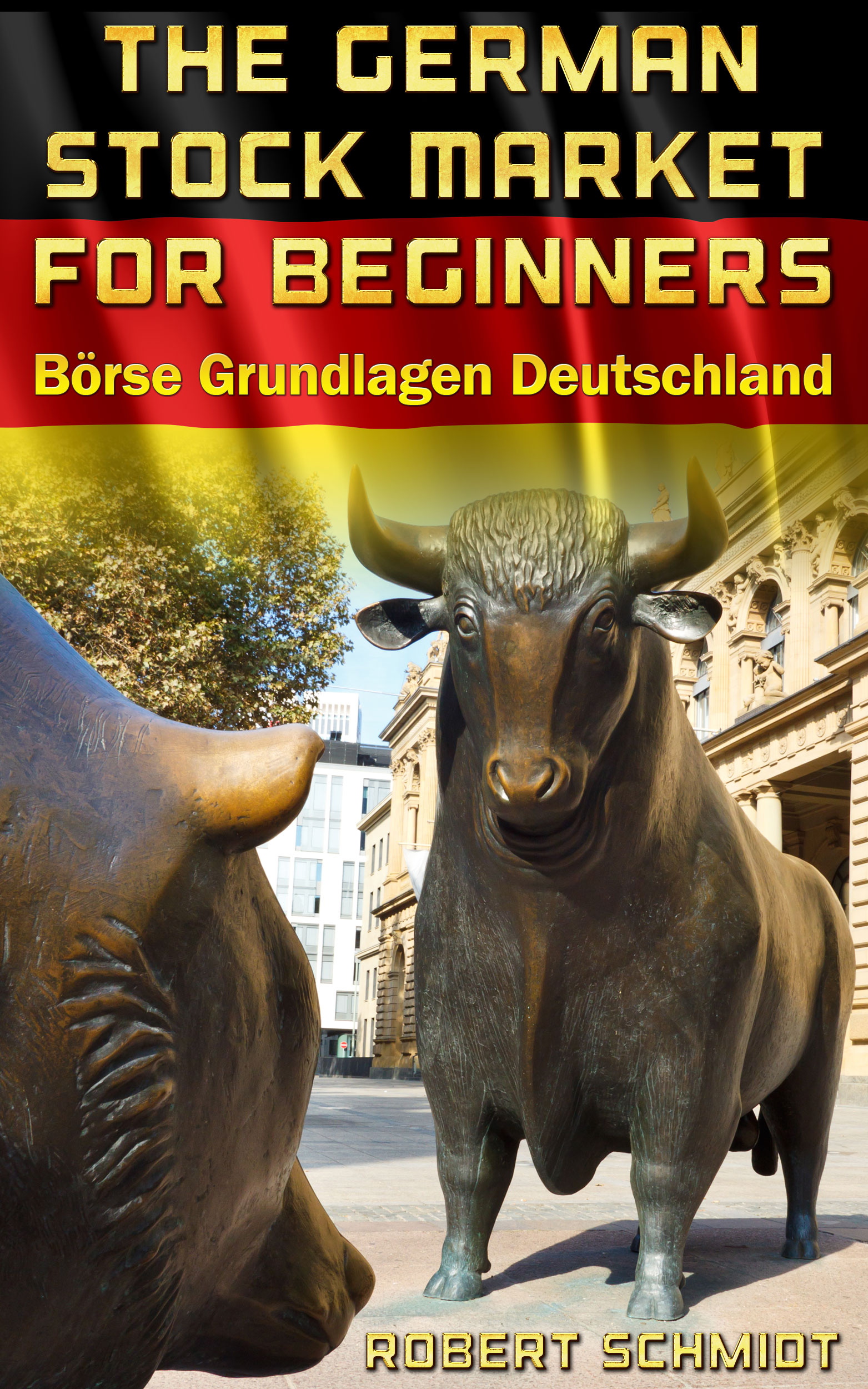
This basic stock market for beginners book is for the German investor to provide him a working knowledge of the German stock market and how to trade on the Frankfurt stock exchange. Written in clear, non-technical language, it defines all of the major terms used by investors and puts them together in an easily understandable framework. The book is intended for investors just starting out and who feel lost in all the technical jargon thrown at them.
The book contains the following topics in detail :
• How to find and select a broker
• Brokerage fees and how to manage them
• Dividends vs. growth investing
• What is the difference between mutual funds, index funds, and ETFs
• Learn how to make your first trade
Dieses Buch wird Ihnen helfen, den Aktienmarkt zu navigieren, so dass Sie Fehler als einen neuen Investor nicht machen. Diese Börse für Einsteiger Buch wird Ihnen das große Bild für die erfolgreiche Investition in den Aktienmarkt Deutschland
Genre: BUSINESS & ECONOMICS / GeneralThis book sells about 10 copies a month.
Deutscher Aktien indeX or DAX 30 : the first index on the Frankfurt Stock exchange. It consists of top 30 largest German companies which are traded on the exchange. They are very large in terms of their market capitalization as well as liquidity. Some of most famous names in the DAX 30 are BASF, Adidas, Deutsche Bank, Bayer, Merck. There are indices on the stock exchange which cater to sectors like technology like TecDAX or the mid cap companies index like the MDAX.
Wilshire 5,000: an index of the United States’ top 5,000 companies
Russell Indexes: an index family covering the United States’ top companies
Index Funds
Unlike mutual funds, the individual stock makeup of the indexes is public information. Many brokers use this information to build products called “index funds” which duplicate the Shares listed in a particular index, complete with the exact number of shares allocated to each company. Index funds are considered passively managed funds because no human judgment is involved – the fund simply duplicates the index and makes that portfolio available to investors.
| Language | Status |
|---|---|
|
Portuguese
|
Already translated.
Translated by Gustavo Bernardino
|
|
Spanish
|
Already translated.
Translated by Alejandro Robles Vargas
|